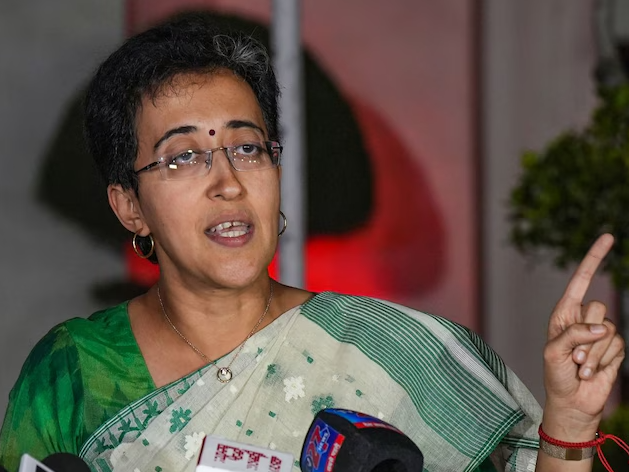In a significant development, India is set to replace its existing criminal laws with three new legislations. The Bharatiya Nyaya Sanhita, the Bharatiya Nagarik Suraksha Sanhita, and the Bharatiya Sakshya Adhiniyam will replace the Indian Penal Code (IPC), the Code of Criminal Procedure (CrPC), and the Indian Evidence Act, respectively. These new laws are scheduled to come into force from July 1, 2024.
Three New Criminal Laws
- Bharatiya Nyaya Sanhita: This new criminal code will replace the IPC. It aims to modernize and streamline criminal offenses, penalties, and procedures. The Bharatiya Nyaya Sanhita will address various aspects of criminal law, including offenses against persons, property, and public order.
- Bharatiya Nagarik Suraksha Sanhita: Replacing the CrPC, this legislation focuses on criminal procedure. It outlines the rules and processes for investigation, arrest, trial, and appeals. The Bharatiya Nagarik Suraksha Sanhita aims to enhance efficiency, transparency, and fairness in criminal proceedings.
- Bharatiya Sakshya Adhiniyam: The Indian Evidence Act will be replaced by the Bharatiya Sakshya Adhiniyam. This new law governs the admissibility of evidence in court. It aims to simplify and clarify rules related to witness testimony, documents, and other forms of evidence.
Key Objectives
These new legislations aim to modernize the criminal justice system by addressing various shortcomings identified in the existing laws. Some of the key objectives include:
- Enhanced clarity and precision: The new laws strive to provide clearer definitions of offenses and corresponding punishments, aiming to minimize ambiguity and ensure consistent application.
- Stronger focus on specific crimes: The BNS and BNSS reportedly place greater emphasis on offenses like terrorism, lynching, and crimes against women and children, potentially leading to stricter penalties for such acts.
- Streamlined procedures: The BNSS, governing criminal procedures, is expected to introduce more efficient investigation and trial processes, potentially reducing delays in the justice system.
The journey toward these new criminal laws began when the three bills were introduced in the Lok Sabha on August 11, 2023. After a thorough examination by a parliamentary committee, they were passed by both houses of Parliament in December 2023. President Ram Nath Kovind gave his assent, and the official notification was issued by the Union Home Ministry.
Legal experts anticipate that these reforms will lead to a more efficient and effective criminal justice system. However, stakeholders, including lawyers, judges, and law enforcement agencies, will need to adapt to the changes. The transition to the new laws will require training, awareness, and adjustments at various levels.
As we approach July 1, 2024, legal professionals and citizens alike are preparing for this historic shift. The impact of these new criminal laws will be closely monitored, and their implementation will shape India’s legal landscape for years to come.







































